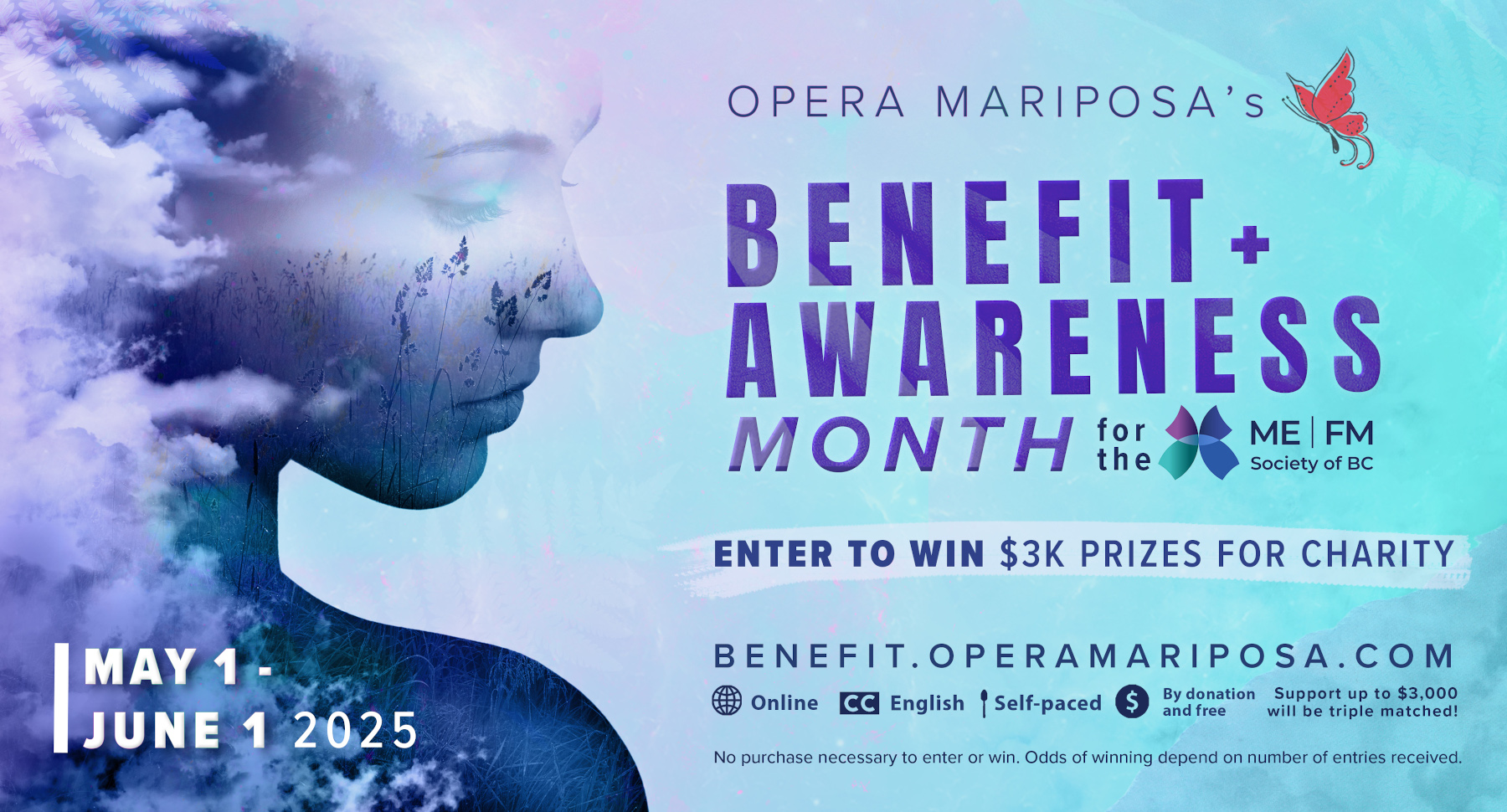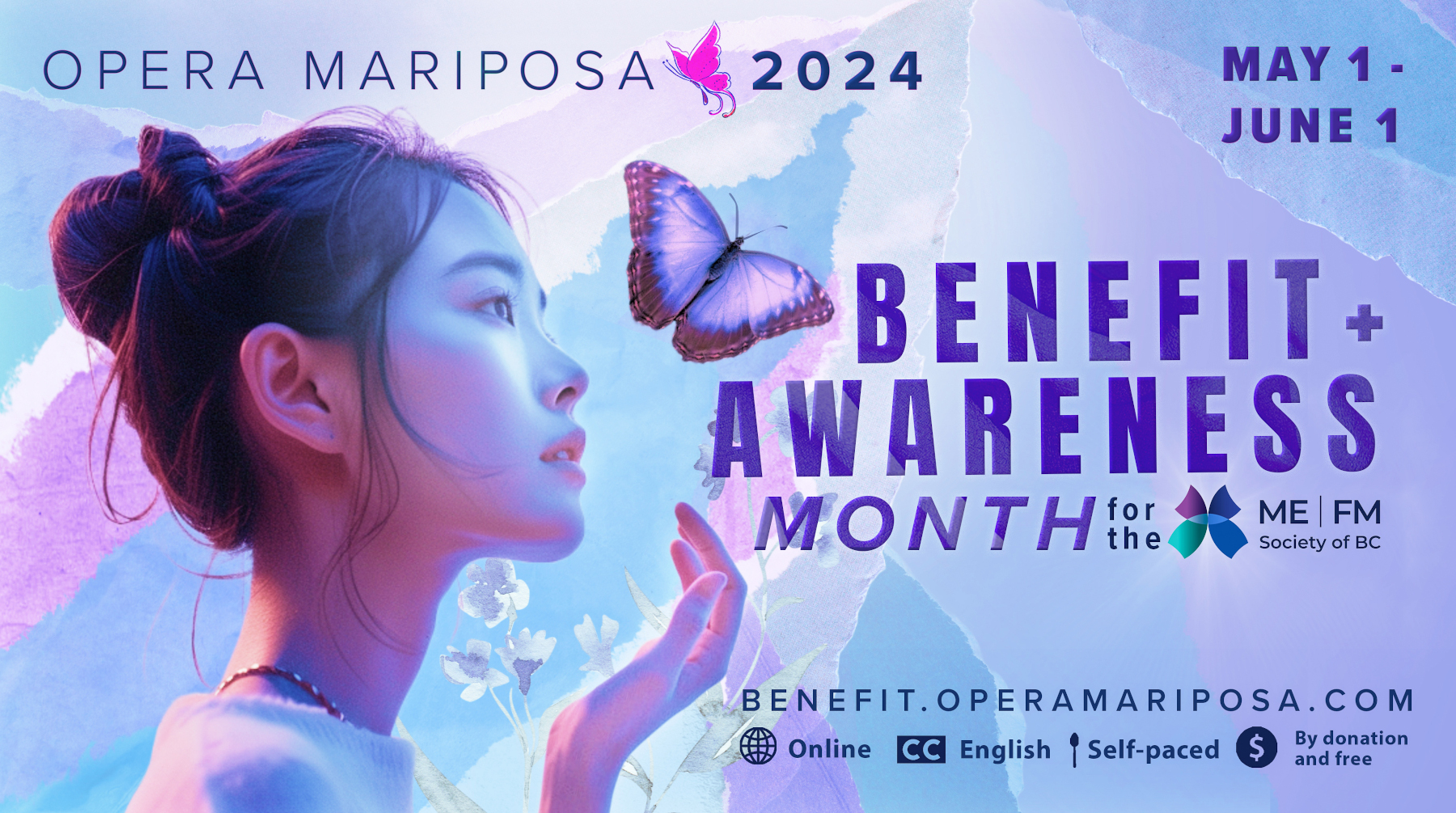In a major boost to research on long COVID and chronic fatigue syndrome (CFS), also known as myalgic encephalomyelitis (ME), the German government has announced that it will provide €500 million (US$582 million) in research funding to support a National Decade Against Post-Infectious Diseases from 2026 to 2036.
Germany is one of many countries facing an unprecedented health burden owing to long COVID and other post-infection syndromes since the COVID-19 pandemic. Almost one in five people in a German cohort had long COVID in 2022, and around one in seven people in the United States were affected by long COVID by late 2023. This translates to a considerable burden on health care and the economy — the syndrome is estimated to cost the world economy US$1 trillion every year.
Comments closed

